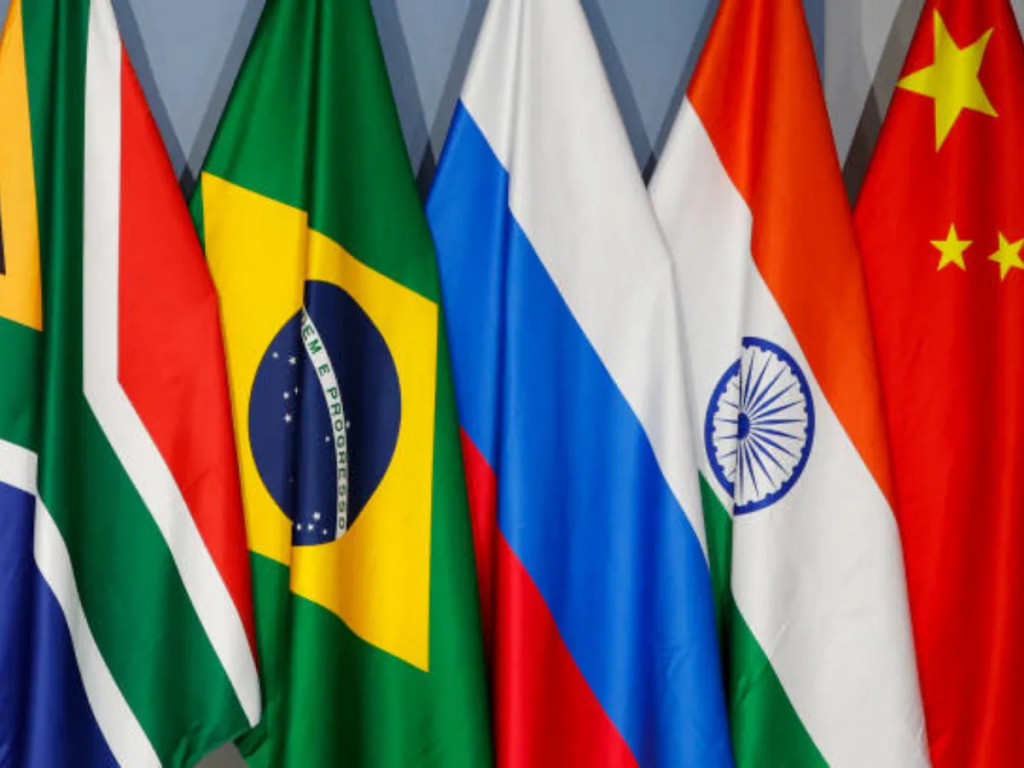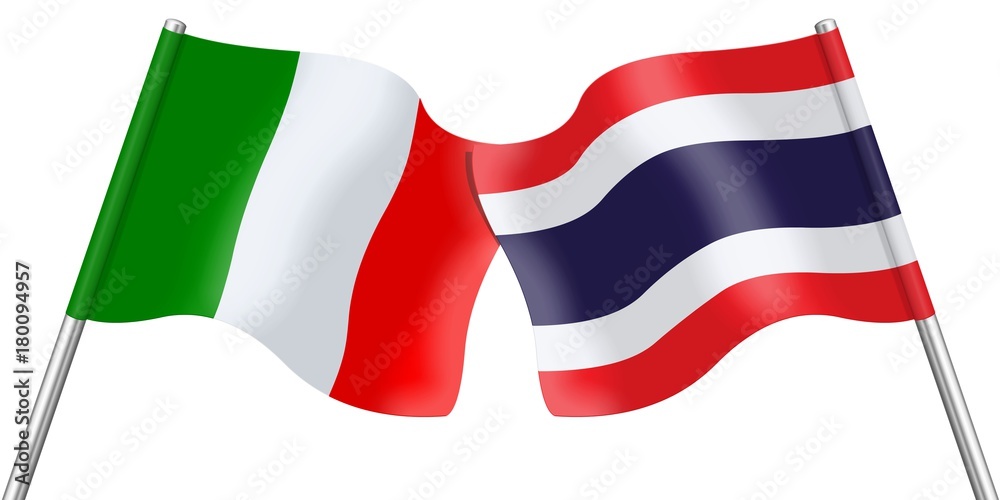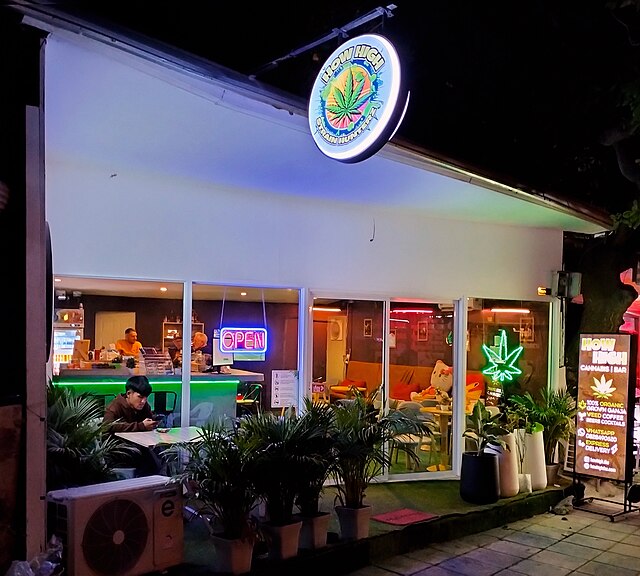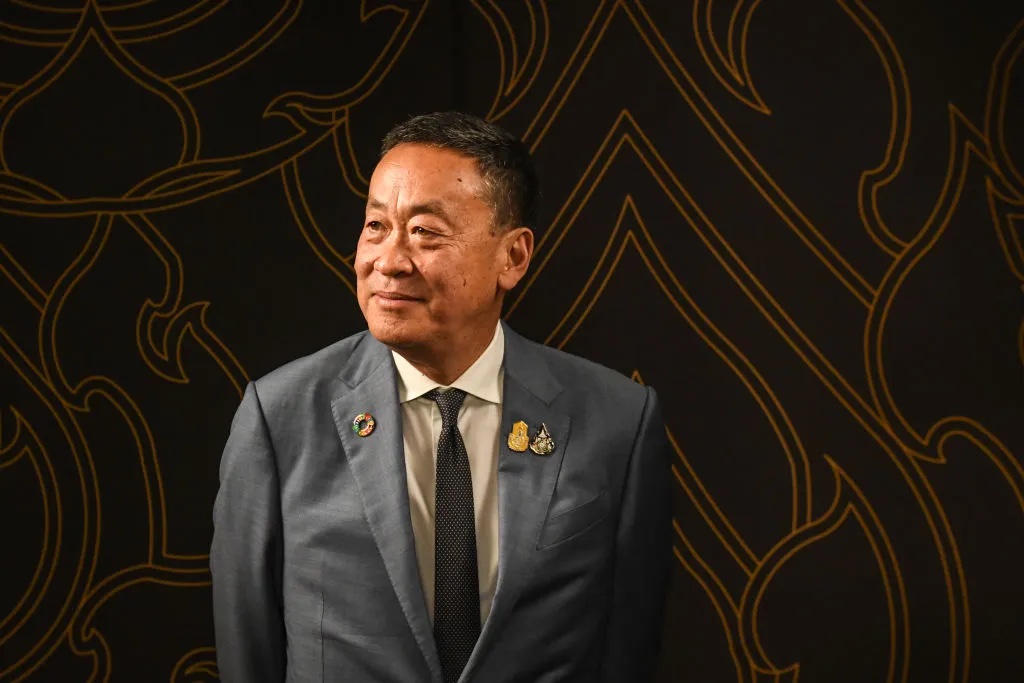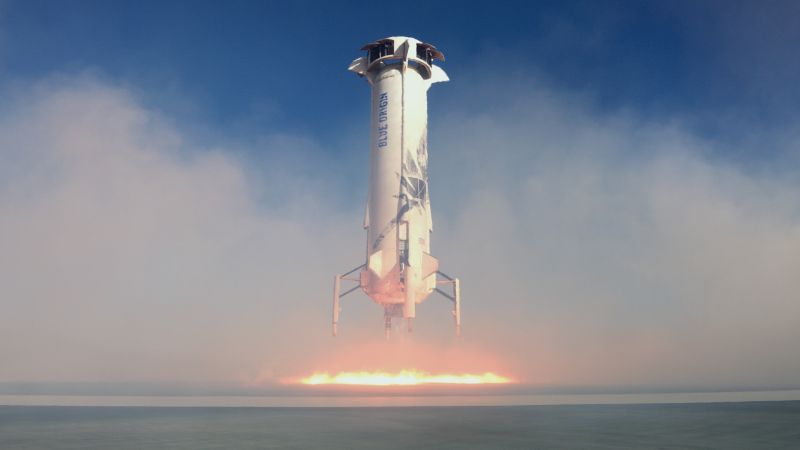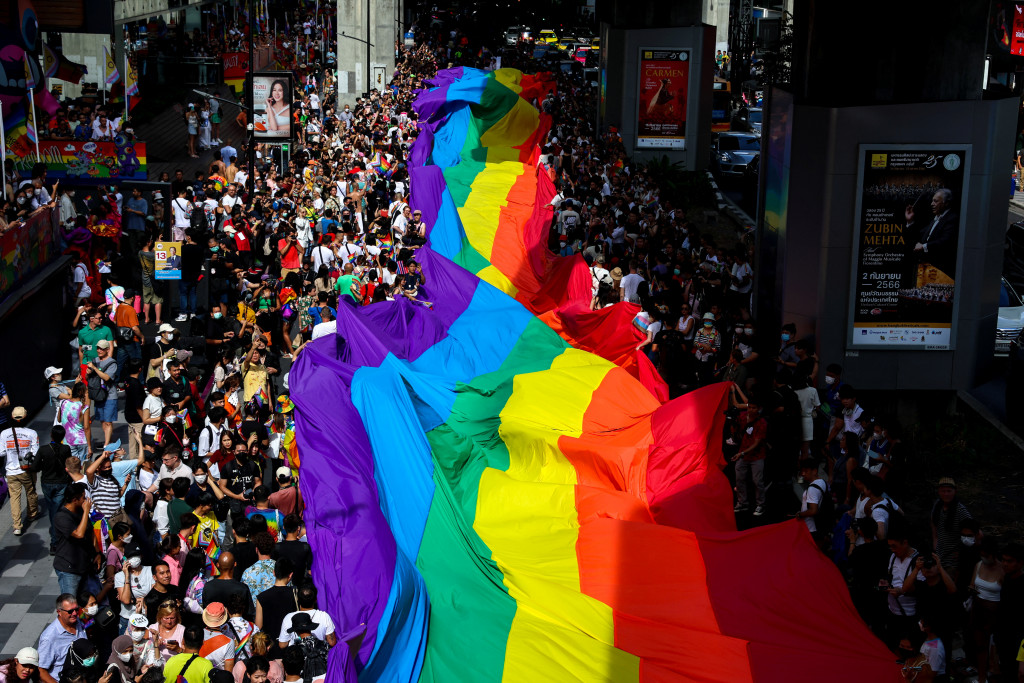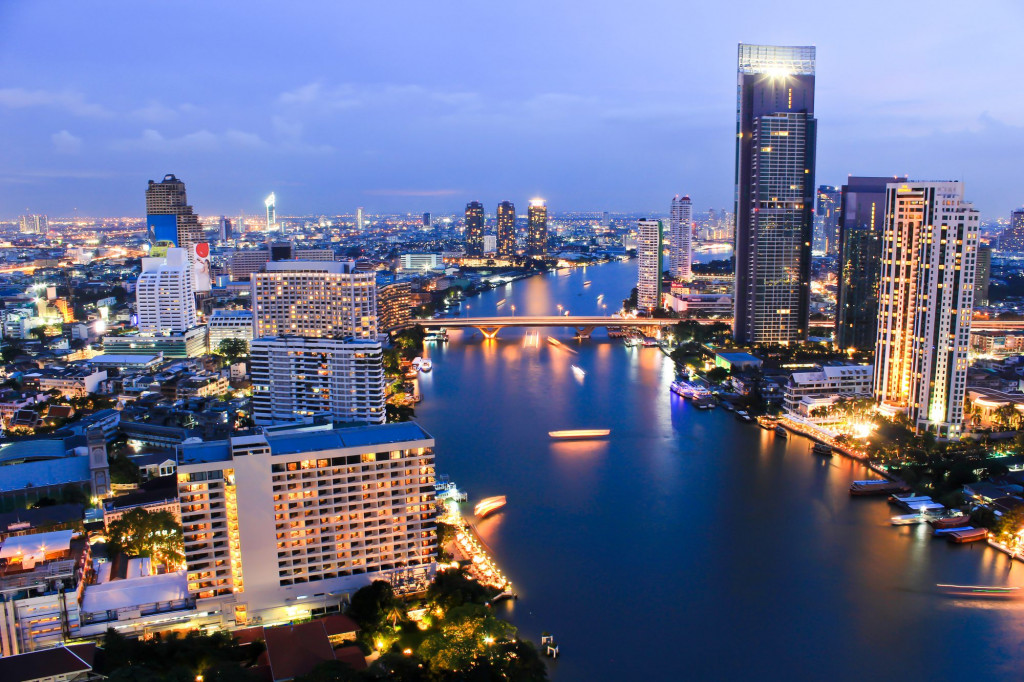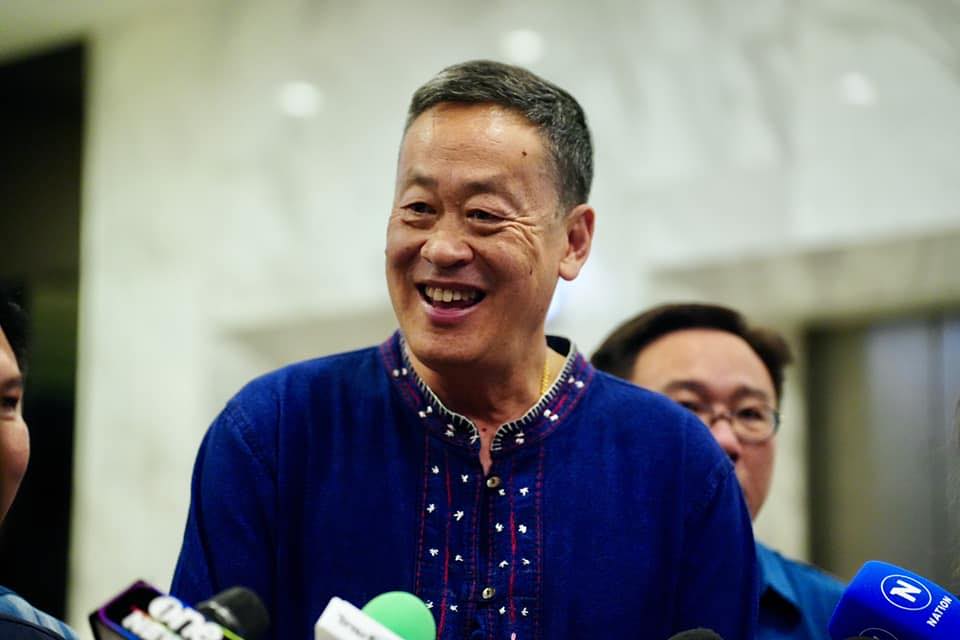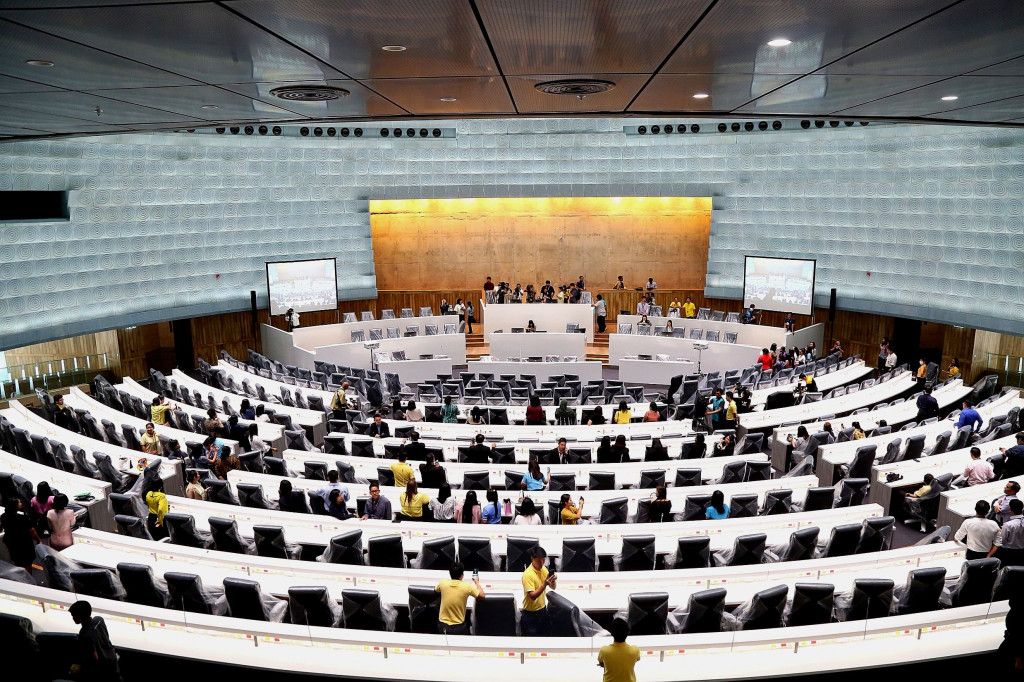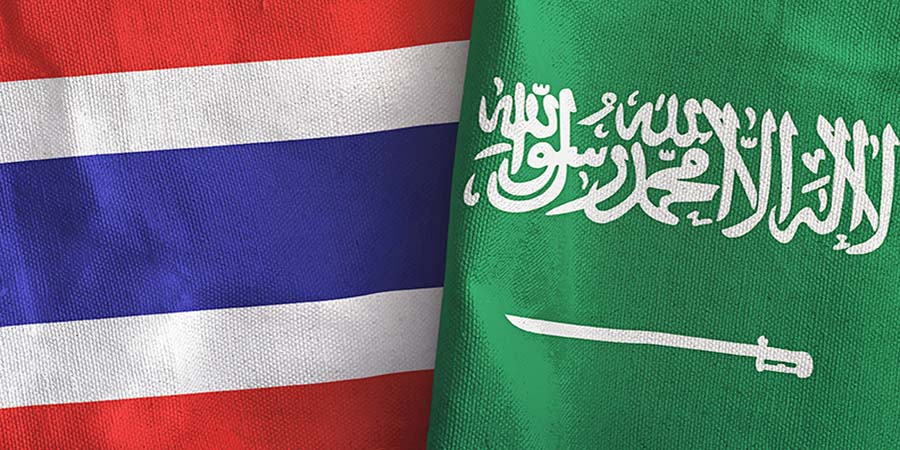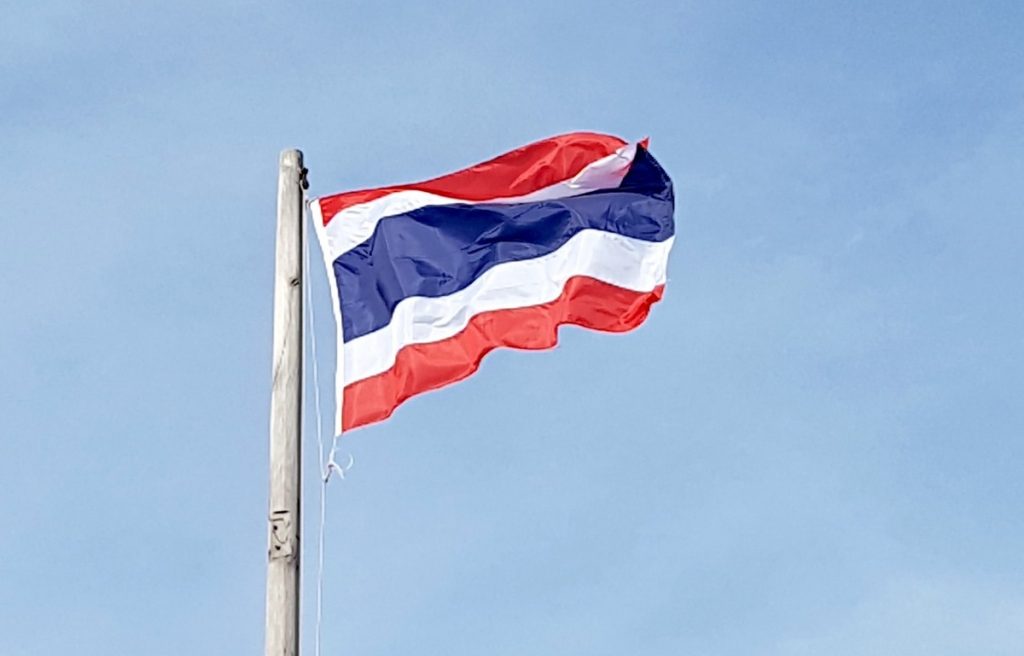Moment to remember for Bangkok, which approves legislation legalizing same-sex marriage
By Alice Freguglia
On June 18, 2024, rainbow flags will fly in Thailand, which has become the first Southeast Asian country ready to legalize same-sex marriage. A decisive step forward for LGBTQ+ rights, driven by strong ideals of equality and inclusion, promoted by the Pheu Thai Party and Prime Minister Srettha Thavisin himself. 130 out of 134, in fact, were the affirmative votes enunciated by the Senate, for which, now, the law will await the consent pronounced by King Maha Vajiralongkorn, considered, however, a mere formality.
Although Thailand is celebrated for its vibrant LGBTQ+ culture and general tolerance, activists have long criticized the country's conservative attitudes and legal framework, especially with regard to the recognition of transgender and nonbinary people, who are still prevented from changing their gender on identification documents. Indeed, over the past decade, there have been several attempts by the government to legalize same-sex unions, epitomized in the last presidential election in 2023 with the victory of the Pheu Thai Party, which proposed the legalization of egalitarian marriages in its election manifesto, gaining support especially among younger voters.
Recently passed legislation redefines marriage as a union between two individuals, eliminating gender-specific terms such as "men," "women," "husbands," and "wives" in favor of gender-neutral language. As a result, this change gives LGBTQ+ couples the same legal rights as heterosexual couples, including inheritance and adoption rights. Plaifah Kyoka Shodladd himself, a member of the Parliamentary Committee on Same-Sex Marriage, expressed pride in the achievement, noting that "love has triumphed over prejudice" after decades of struggle.
Following the recent developments, Thailand joins Nepal and Taiwan as the only jurisdictions in Asia to have legalized same-sex marriage. Specifically, in that part of the world where rights in regard to LGBTQ+ people are often repressed, such as Southeast Asia, Thailand represents a source of change and inclusiveness. Indeed, in Myanmar and Brunei, same-sex relationships are still considered a punishable crime, while discrimination and hostility are recurrent in Indonesia and Malaysia. Chanatip Tatiyakaroonwong, Amnesty International's researcher in Thailand, described it as a historic step and a reward for the tireless efforts of activists, civil society organizations and supportive lawmakers.
The new law promises to transform the lives of countless couples and promote a more just and equitable society. As Thailand celebrates this milestone, it also sets a precedent that could positively affect change throughout the region, proving that equality and love can indeed triumph over prejudice and discrimination.


